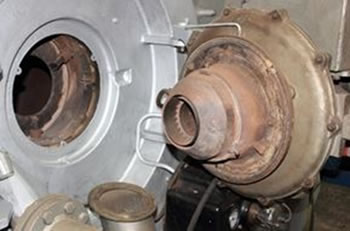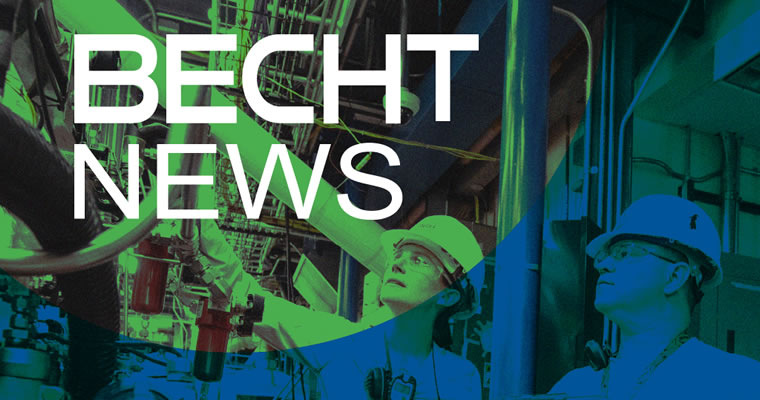Are Your Heaters Affecting Your Reliability?

From a process standpoint, your Fired Equipment items are not only some of the most critical but some of the most risky items in day-to-day operations. Add in the presence of open flames and failures can be dramatic. In today’s refining climate, fired equipment is required to run 4, 5, 6 or even 7 years between outages. To achieve a reliable operation for runs of this length, a solid shutdown, maintenance, inspection, repair, and start-up strategy is critical.

Recently a Midwest refinery contracted Becht Engineering to complete a detailed review of their fired equipment for an upcoming turnaround. Becht used a team of experienced refining experts to provide an in-depth review of more than a dozen fired equipment items. To provide a holistic approach, Becht utilized experts with backgrounds in process engineering, heat transfer, mechanical integrity, inspection, and operations. The goal of the review was to ensure the fired equipment would provide reliable operation until the next scheduled outage in five years.
The first step of the process consisted of reviewing data such as: design criteria; operating history; inspection and NDE history; leak, repair, and engineering analysis information; and PHA information. The Becht team then spent close to two weeks onsite. While onsite, Becht worked with owner representatives from operations, maintenance, process, inspection, reliability, and PSM to review and answer any questions from the data review step, discuss concerns, and validate data gaps. Each piece of fired equipment was also walked down in the field to ensure the provided information was consistent with the actual condition of the fired equipment.
Information from the data review, onsite discussions, and field walk-downs was compiled by the Becht team and compared to the existing turnaround plan. Recommendations were made in areas where the initial turnaround plan was deficient of a critical item or had extraneous tasks. Each recommendation was also provided with justifications, citing client procedures, industry standards, and best practices. Additionally, the recommendations were risk ranked (using the owner’s Risk Matrix) to provide the refinery with a prioritization tool.
Some example results from the review were:
- Practices to ensure safe shutdown of fired equipment
- Best practices for servicing of emergency devices
- Better anticipation of repairs
- Selection of appropriate NDE techniques based on damage mechanisms
- Start-up best practices
In the end, the risk-ranked recommendations with justifications provided the refinery with the ammunition needed to modify their existing shutdown plans. The review validated and improved the scope of their turnaround plans, both by better addressing critical items and eliminating unnecessary tasks. Based on the results and the perceived value, our client has contracted Becht to complete a similar review on additional fired equipment for their next turnaround.
If you would like Becht to provide a review of your fired equipment, please contact Matt Caserta for more information!
You may view more about Becht’s Corrosion and Metallurgical services at https://becht.com/becht-services/corrosion-and-metallurgical-consulting-services.




